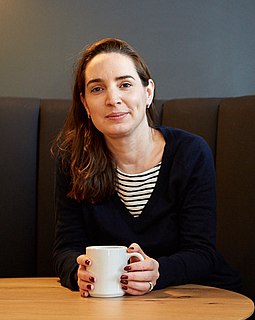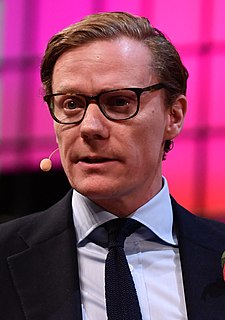A Quote by Maelle Gavet
When a handful of tech giants are gatekeepers to the world's data, it's no surprise that the debate about balancing progress against privacy is framed as 'pro-data and, therefore, innovation' versus 'stuck in the Dark Ages'.
Related Quotes
When dealing with data, scientists have often struggled to account for the risks and harms using it might inflict. One primary concern has been privacy - the disclosure of sensitive data about individuals, either directly to the public or indirectly from anonymised data sets through computational processes of re-identification.
One of the myths about the Internet of Things is that companies have all the data they need, but their real challenge is making sense of it. In reality, the cost of collecting some kinds of data remains too high, the quality of the data isn't always good enough, and it remains difficult to integrate multiple data sources.
We get more data about people than any other data company gets about people, about anything - and it's not even close. We're looking at what you know, what you don't know, how you learn best. The big difference between us and other big data companies is that we're not ever marketing your data to a third party for any reason.



































